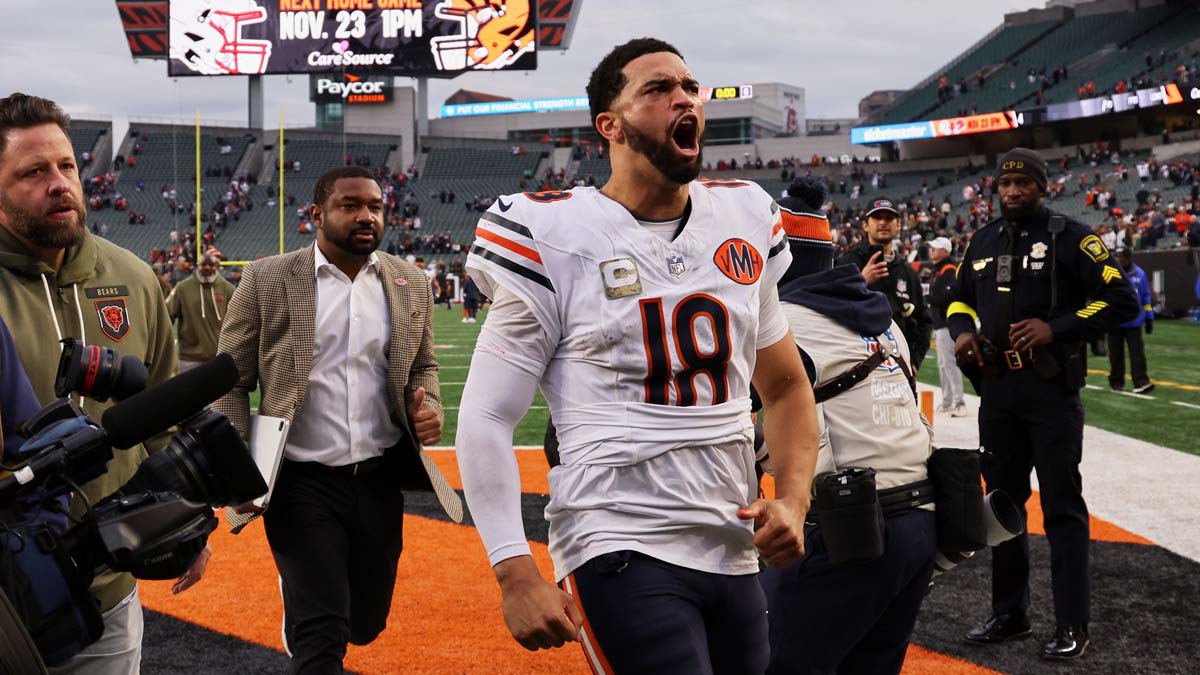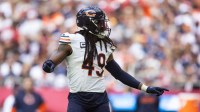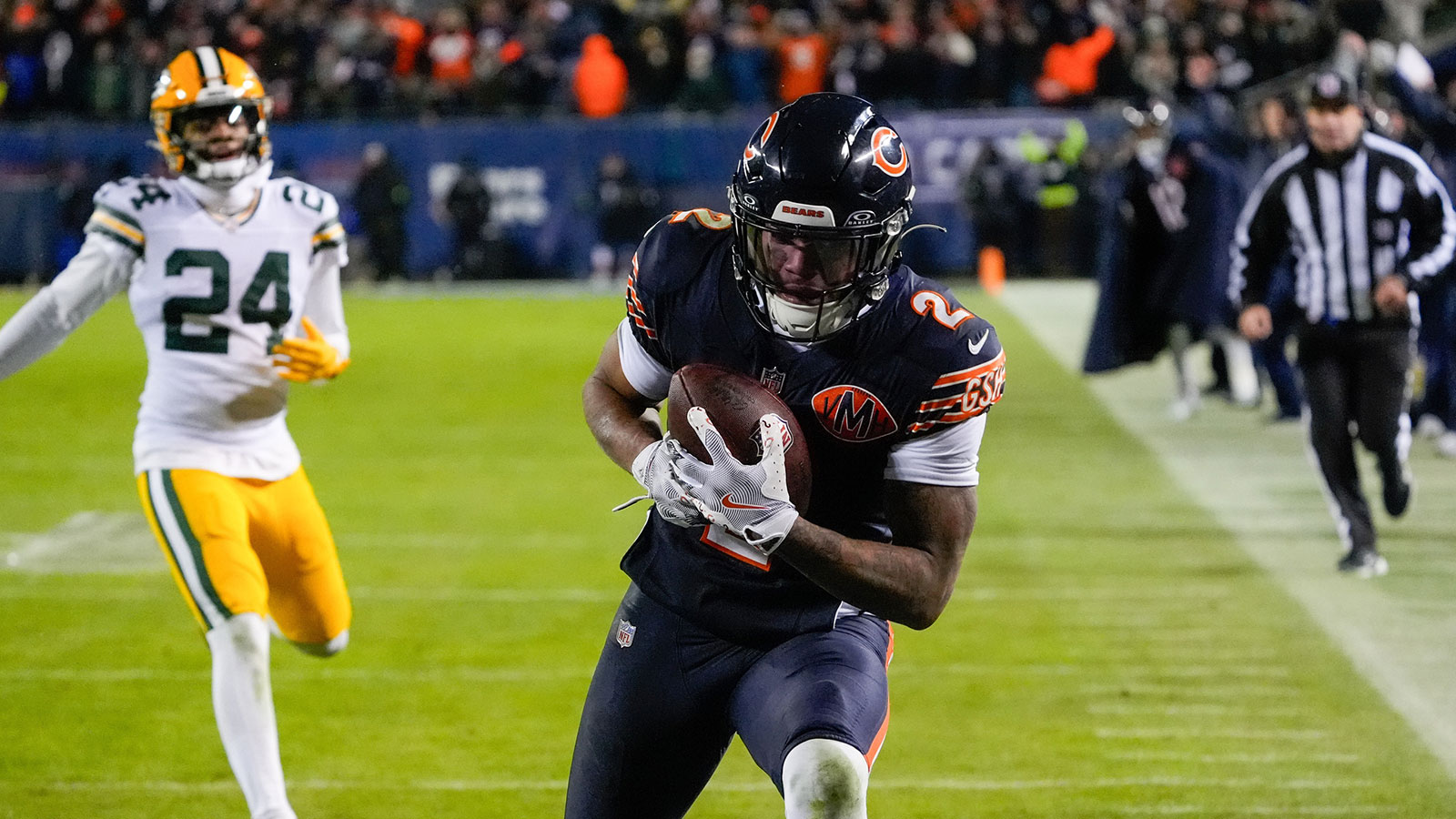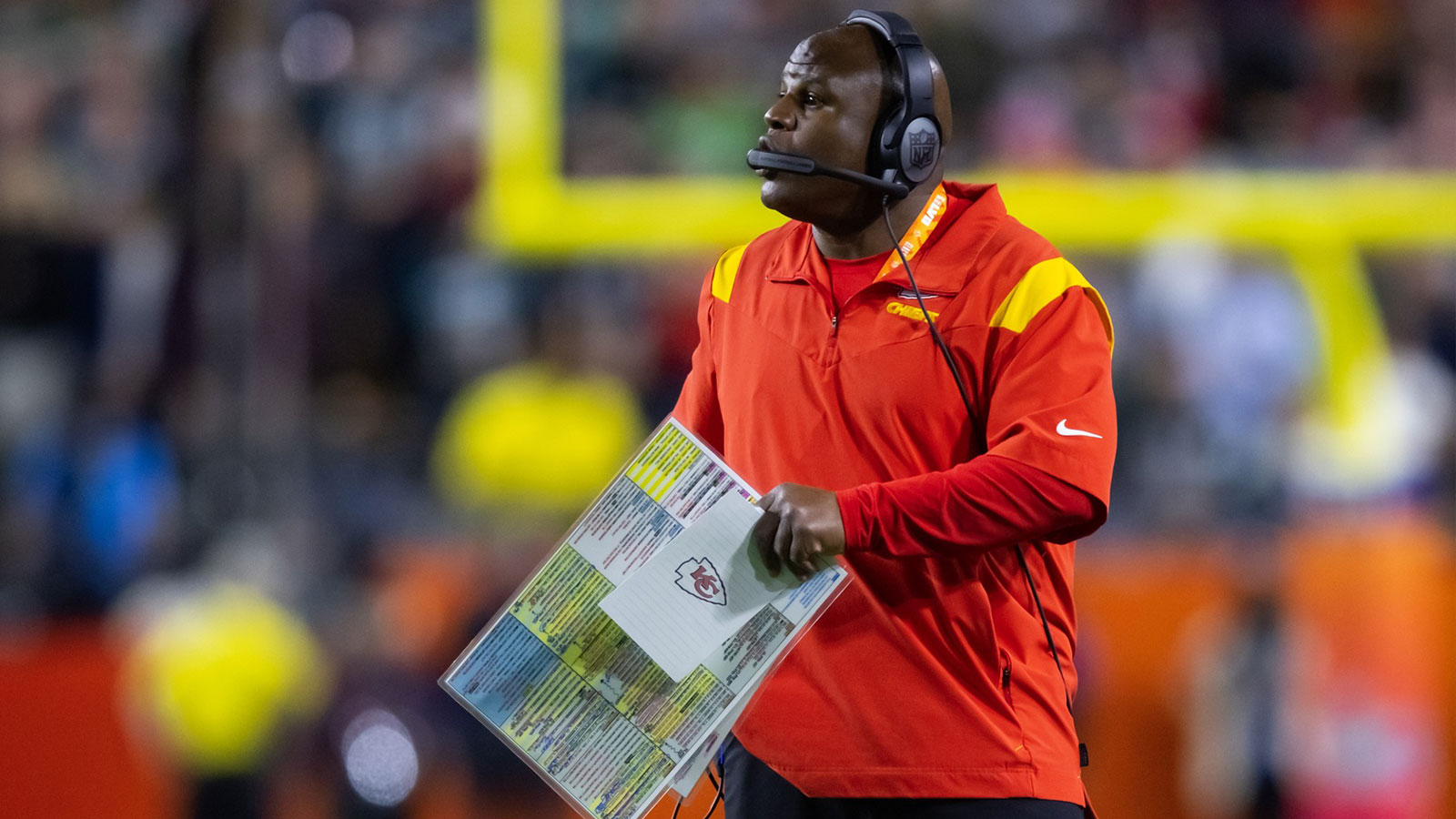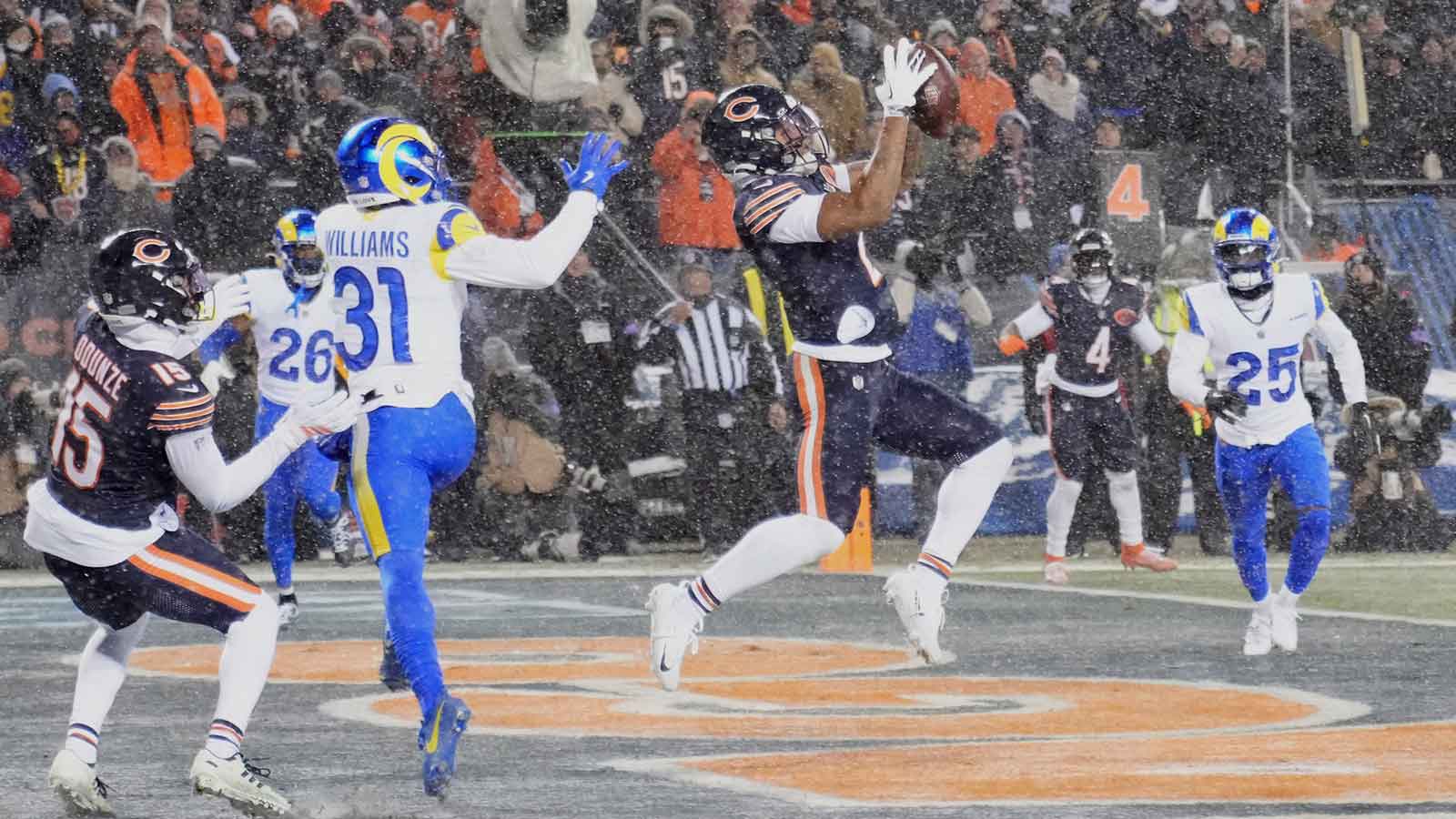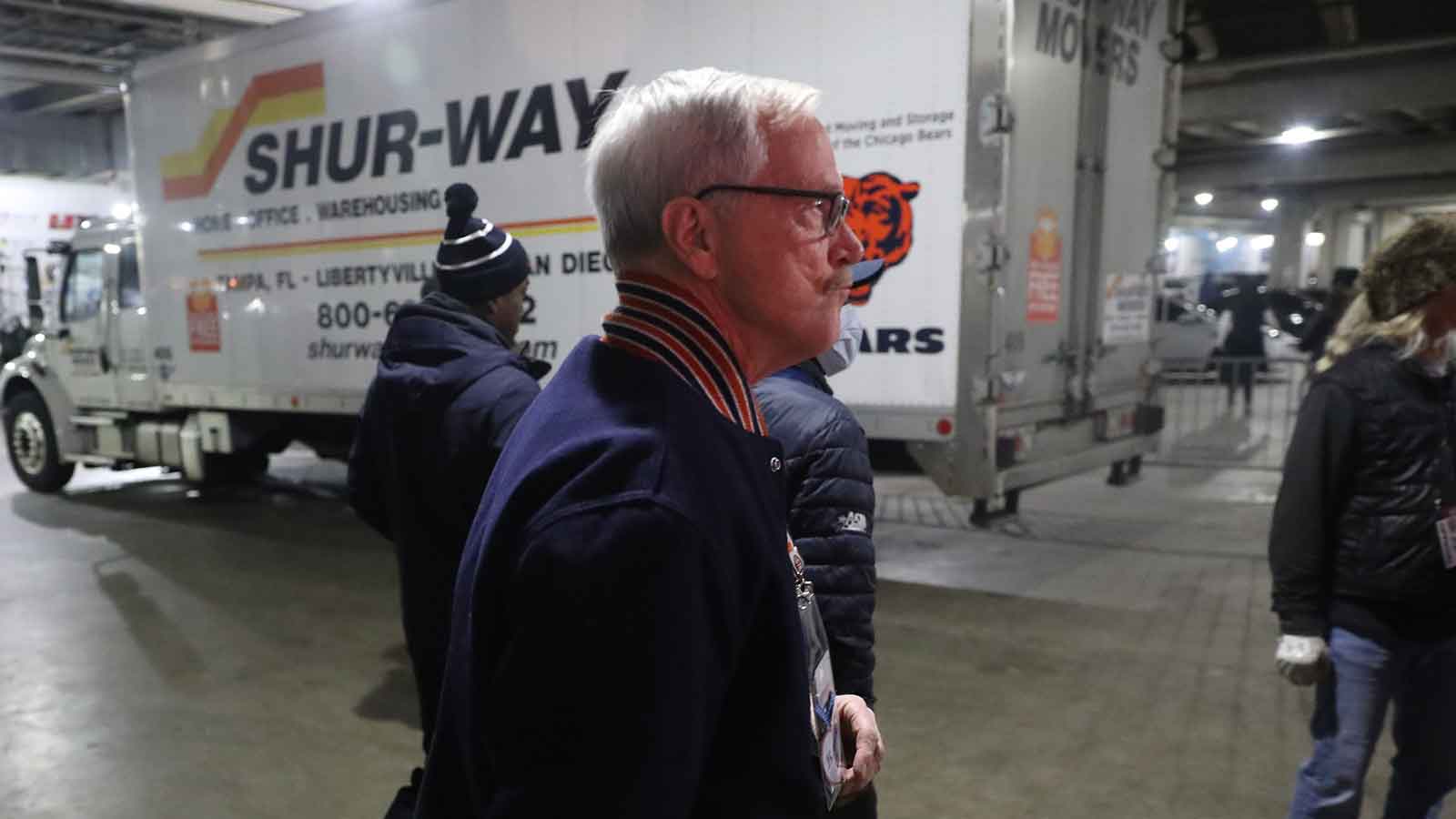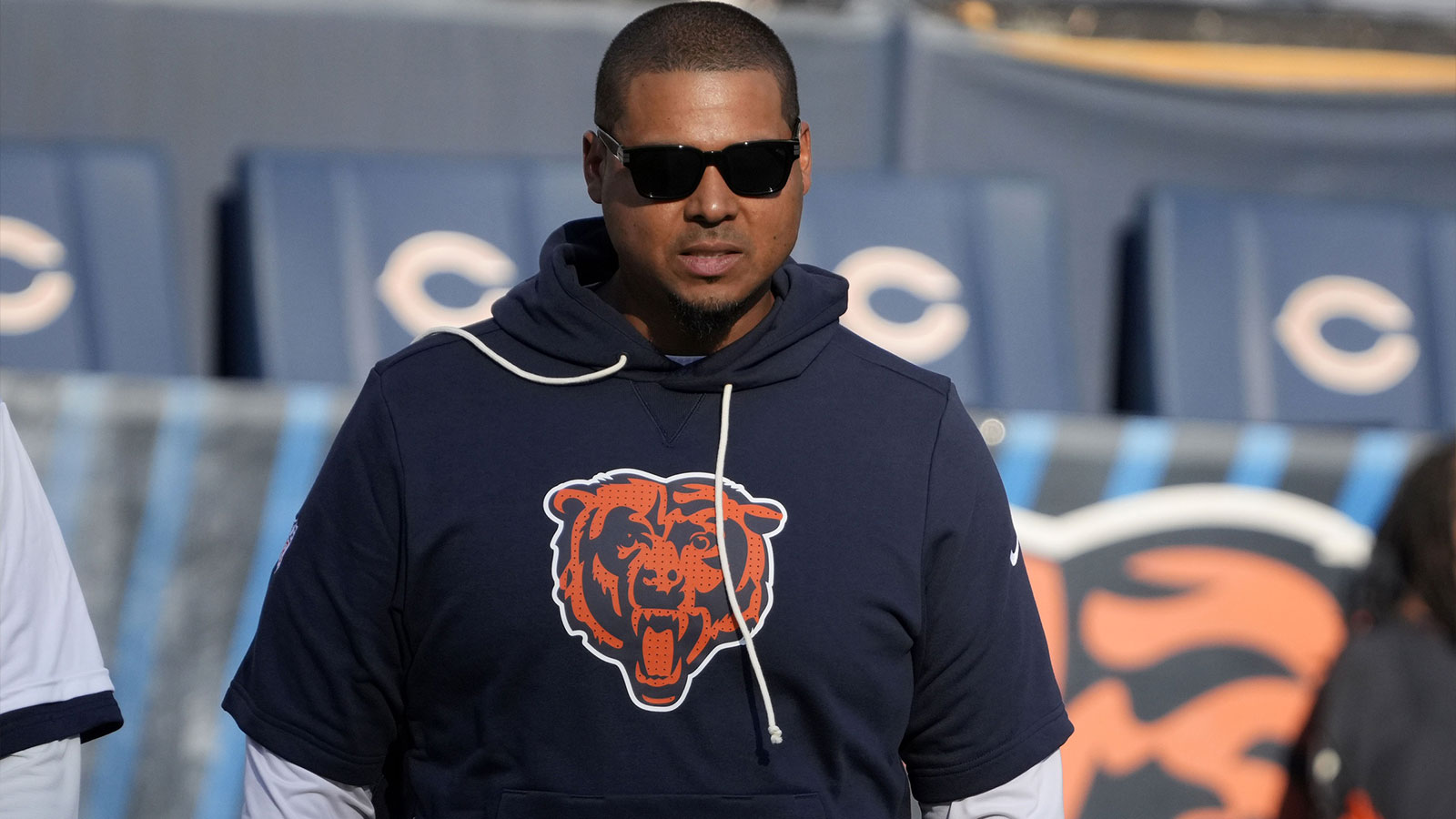Snow swirling, crowd roaring, and less than seven minutes to save it, Caleb Williams dragged Chicago back from 10 down to beat the Giants 24-20. The rookie delivered a quick strike to Rome Odunze, then knifed in on a 17-yard scramble with 1:47 left for his fourth game-winning drive of the year, tying the Bears’ single-season mark (Jay Cutler, Bob Avellini, Billy Wade). He finished 20-of-36 for 220 yards with a touchdown, plus 63 rushing and another score, despite eight drops on a frigid night at Soldier Field.
Now, about the noise that follows him. The Ringer laid out why the “average time to throw” discourse misses the plot: Williams’ higher TTT isn’t a flaw, it’s a feature of his style, the ability to extend and create when plays break. Crucially, the number isn’t paired with the downside critics assume.
He owns one of the league’s lowest sack rates and ranks near the top at avoiding sacks when pressured; on extended dropbacks over four seconds, his sack rate sits around 11 percent, roughly half the league average. That’s not reckless sandlot ball, that’s controlled chaos paying off. Per TruMedia data highlighted by The Ringer, a rep where pressure arrived at 2.4 seconds would have lowered his TTT if he’d eaten the sack.
Instead, he spun out, stretched the play to 7.4 seconds, and kept the drive alive. Using TTT as a simple “lower is better” scorecard punishes problem-solving. And Chicago’s receivers aren’t helping the optics: six drops on extended plays have already cost roughly 7.7 expected points added, the most of any QB, with Baker Mayfield a distant second. When those turn into finishes, the stat arguments will evaporate.
Big picture, the win over New York reinforced what the film has shown for weeks: Williams is the franchise centerpiece, not a weekly referendum. He’s producing efficiently within Ben Johnson’s structure, then devastating opponents outside of it when protection or separation falters.
That dual track is why he went first overall and why schematic comps to static pocket passers miss the modern job description.
If Chicago cleans up the drops and keeps the late-game menu aggressive, the TTT takes will look as dated as they sound. The trait that drives the metric is the trait that defenses fear most.

